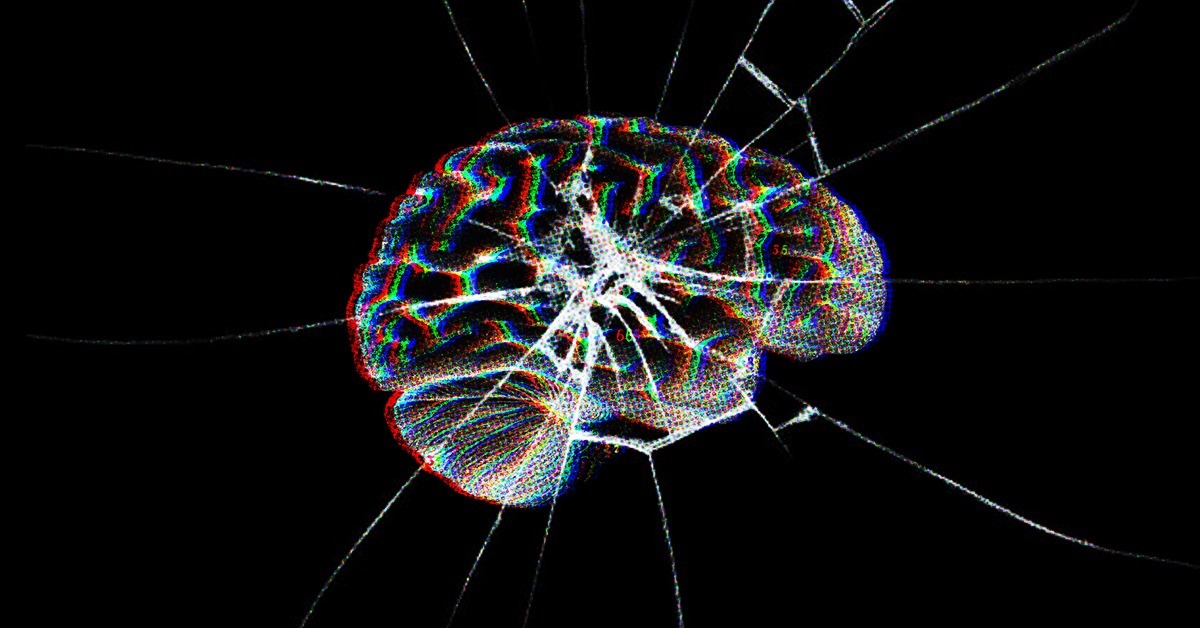We’re a little late in the game—but at least we’re in it
In May 2017, our Senate voted 19-0 to pass the Philippine Mental Health Bill. A few months later, the House of Representatives unanimously approved the Comprehensive Mental Health Bill. Since then, both versions have been in the process of reconciliation in a bilateral conference to address any disparities—and it’s been about damn time.
https://giphy.com/gifs/rupaulsdragrace-episode-1-rupauls-drag-race-ja8D4ZmuqkBpXgUsmL
An entire seven years ago, the World Health Organization released a study that showed 17 percent of Filipino students aged 13 to 15 had “seriously considered attempting suicide during the past 12 months.” That same study also concluded that 13 percent had “actually attempted suicide one or more times during the past 12 months.” Now the Department of Health counts some 3.3 million Filipinos suffering from depression (not including the unreported cases). Of course, there is also bipolar disorder, dementia, schizophrenia, anxiety, body dysmorphic disorder, OCD, paranoia and literally dozens of others to consider.
It’s about damn time
The House’s Comprehensive Mental Health Act aims to give Filipinos access to a mental care system that’s integrated within the general health delivery system, in close coordination with the DOH and the Department of Interior and Local Government (DILG).
Meanwhile, the Senate’s Philippine Mental Health Bill puts the government and its agencies front and center when it comes to providing psychiatric, psychosocial and neurologic services in regional, provincial and tertiary hospitals. Digging deeper into it, the bill requires the integration of mental health into the country’s educational system.
There’s a lot to get done and there’s a lot of ground to cover, but there’s just as much potential.
3.3 million Filipinos suffer from depression
Putting a mental health bill in place starts a necessary conversation that isn’t normal in Philippine society. Even if it’s 2018, families can barely talk about it amongst themselves. Parents have a hard time wrapping their head around depression and the effect it can actually have on their children. Teachers lose patience with students who have difficulty picking up lessons. Kids make fun of their elders who always seem to forget.
https://giphy.com/gifs/penguinbooksuk-penguin-random-house-james-patterson-d1E2GyfleudkorxS
And the most unfair part is that it isn’t their fault. Mental health disorders are caused by several possibilities that range from genetic, biological, psychological and environmental—in other words, it isn’t about a specific person’s personal weakness, character defect; it isn’t a matter of will and self-discipline.
It’s taken us this long as a people to finally address it and this mental health bill should hit the ground running. There’s a wall that needs to be torn down as millions of literal lives depend on it.
https://giphy.com/gifs/shame-for-box-of-eP1fobjusSbu
We generally consider ourselves a happy bunch, but is any of it even true? Behind the smiles we give foreigners and the positive outlook we give our balikbayans, are we Filipinos genuinely happy? Apparently not—at least, not according to the 2012 World Happiness Report, which ranked the Philippines 103rd out of 155 countries.
The equation is off, but there’s a way to remedy it. So here’s to hoping that the PH Mental Health Bill will be a law soon—and that its implementation extends to more than just someone’s signature on a piece of paper.
Art Alexandra Lara


















